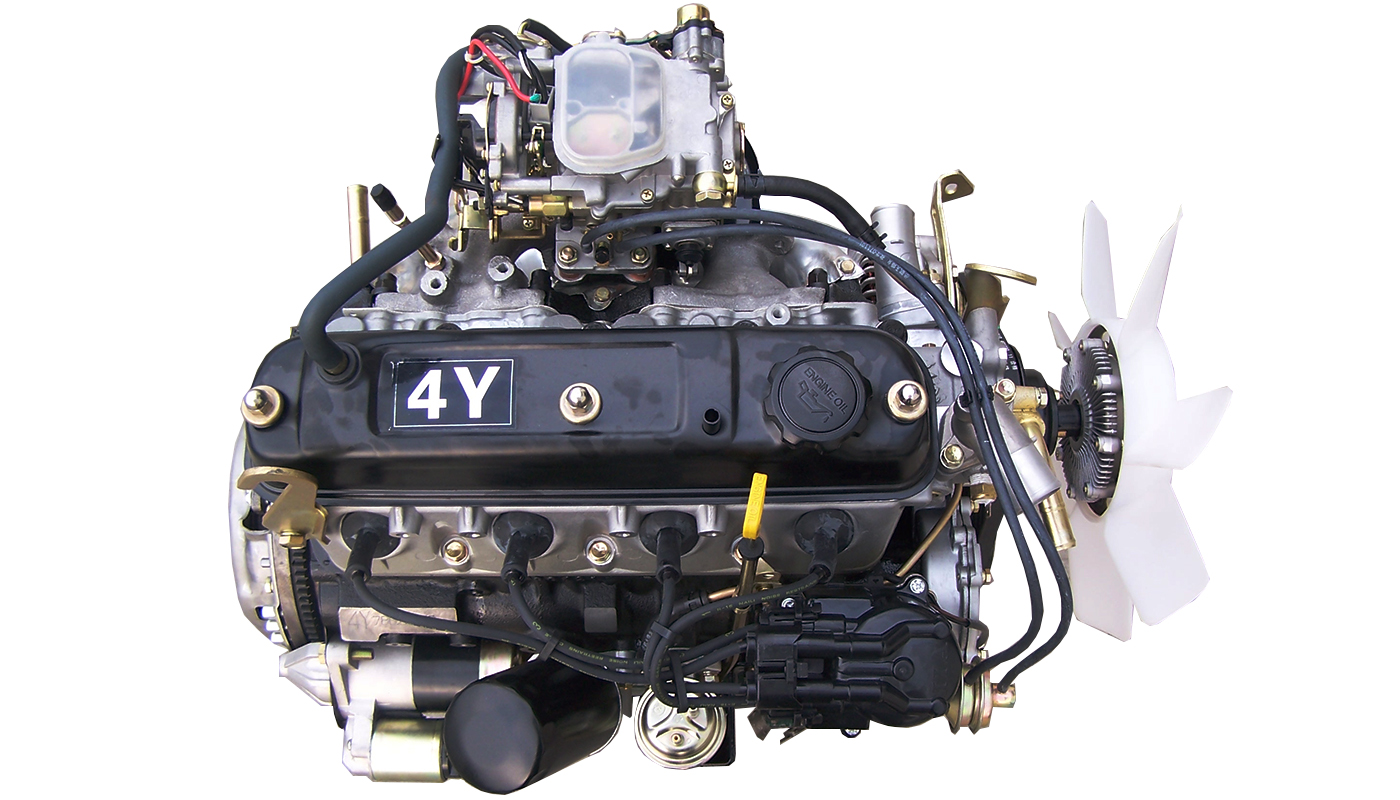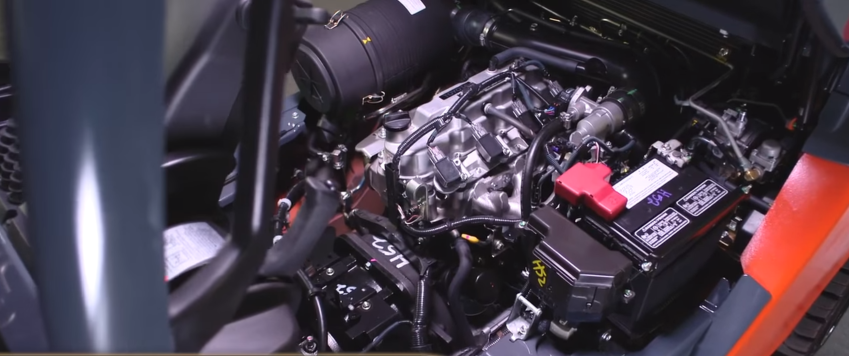The Ultimate Guide to the Engine: Trick Insights for each Automobile Enthusiast
Understanding the engine is essential for any vehicle enthusiast, as it offers as the heart of the car and determines its performance. This overview supplies a complete evaluation of engine composition, types, and the auto mechanics behind their operation, including the innovative modern technologies that are reshaping the auto landscape. Additionally, it emphasizes the crucial nature of upkeep practices that can substantially influence an engine's lifespan. However, the complexities of engine characteristics and the latest developments in modern technology existing questions that merit additional expedition. What might these insights expose regarding the future of vehicle design?
Composition of an Engine
Recognizing the composition of an engine is important for any type of vehicle fanatic looking to dive much deeper right into vehicle auto mechanics. An interior combustion engine mainly includes several key parts that function in unison to convert fuel right into mechanical power.
At the heart of this system exists the cylinder block, which houses the cyndrical tubes where burning happens. Piston movement within these cyndrical tubes is promoted by the crankshaft, which equates linear activity right into rotational energy. Additionally, the camshaft plays an essential duty in managing the opening and closing of the engine's valves, guaranteeing proper air-fuel combination intake and exhaust gas expulsion.
Various other crucial elements include the gas system, which supplies the engine with the essential gas, and the ignition system, in charge of launching combustion - 4y engine. The air conditioning and lubrication systems are likewise integral, preserving optimal operating temperature levels and decreasing rubbing, respectively
Engine Kinds and Configurations
A diverse series of engine types and arrangements exists, each offering special benefits and downsides tailored to various driving demands and preferences. One of the most common engine kinds consist of inline, V, flat, and rotating arrangements.
Inline engines, featuring cyndrical tubes arranged in a solitary line, are recognized for their simplicity and performance. They are often discovered in portable cars, using an equilibrium of power and economic climate. V engines, identified by their two banks of cyndrical tubes prepared in a V shape, offer greater efficiency and smoother operation, making them popular in sporting activities and deluxe automobiles.
Level engines, or fighter engines, have horizontally opposed cylinders, which add to a reduced center of mass, enhancing automobile security. These are commonly seen in brands like Subaru and Porsche.
Rotary engines, although less typical, make use of an one-of-a-kind design with a triangular rotor and offer high power-to-weight ratios. They master light-weight and portable applications, largely seen in Mazda vehicles.
Each engine type serves specific efficiency attributes, weight circulations, and fuel performances, guaranteeing that cars and truck fanatics can pick the appropriate engine arrangement to match their driving design and lorry needs.

Exactly How Engines Work
Engines, no matter their type or configuration, operate basic concepts that regulate their performance and efficiency. At their core, engines transform gas into mechanical energy through a collection of regulated explosions or compressions. This process generally involves 4 primary strokes: intake, compression, power, and exhaust.
Throughout the intake stroke, the engine draws in a combination of air and fuel. In the power stroke, a spark stirs up the compressed mix (in gas engines) or the mixture fires up automatically (in diesel engines), resulting in a quick growth of gases that presses the piston down.
The performance of an engine is influenced by numerous variables, including the layout of the burning chamber, the sort of gas made use of, and the precision of the engine's parts. Comprehending these essential principles is crucial for auto lovers who look for to appreciate the complex mechanics behind their automobiles, in addition to for those aiming to enhance performance via modifications and tuning.
Technologies in Engine Innovation
In recent times, innovations in engine innovation have dramatically transformed the vehicle landscape, improving both performance and ecological sustainability. One of the most remarkable innovations is the development of turbocharging and supercharging, which permits smaller sized engines to produce better power outcomes without giving up gas effectiveness. This has actually caused an increase in the appeal of downsized engines, supplying suppliers with the capability to fulfill rigorous exhausts policies while keeping performance criteria.
Additionally, hybrid and electrical powertrains are reshaping the engine standard. Crossbreed systems integrate interior combustion engines with electric motors, maximizing gas usage and lowering discharges. Totally electric automobiles (EVs) get rid of the combustion engine entirely, relying upon innovative battery innovation to deliver instantaneous torque and outstanding velocity.
In addition, the assimilation of expert system and device understanding in engine administration systems permits real-time optimization of performance criteria, enhancing performance and responsiveness. Advancements such as variable shutoff timing and straight gas shot further improve burning processes, making the most of power output while decreasing waste.
As the vehicle market proceeds to advance, these developments in engine technology will play over at this website a crucial function fit the future of flexibility, prioritizing both efficiency and sustainability.
Upkeep Tips for Enthusiasts
Maintaining an engine is as vital as the technologies that enhance its efficiency. Routine maintenance not only lengthens the life of your engine but likewise makes sure optimum performance. Start with routine oil changes, complying with the producer's suggestions for oil kind and adjustment periods. Tidy oil lubes engine parts efficiently, stopping damage.
Check and change air filters occasionally to guarantee proper air flow, which is vital for combustion efficiency. A blocked air filter can result in reduced efficiency and enhanced fuel usage. Similarly, keep track of the coolant degrees to stop overheating, and replace coolant according to the service schedule.

Conclusion
In final thought, a detailed understanding of engine composition, kinds, and technicians is crucial for automobile enthusiasts. Routine maintenance methods, including oil changes and air filter checks, are essential for ensuring optimum engine check here capability and longevity.

Engines, regardless of their type or setup, operate on fundamental principles that govern their efficiency and efficiency. In the power stroke, a trigger fires up other the compressed mixture (in gas engines) or the mix stirs up spontaneously (in diesel engines), resulting in a fast growth of gases that pushes the piston down.In recent years, improvements in engine technology have actually considerably changed the automobile landscape, improving both efficiency and environmental sustainability.